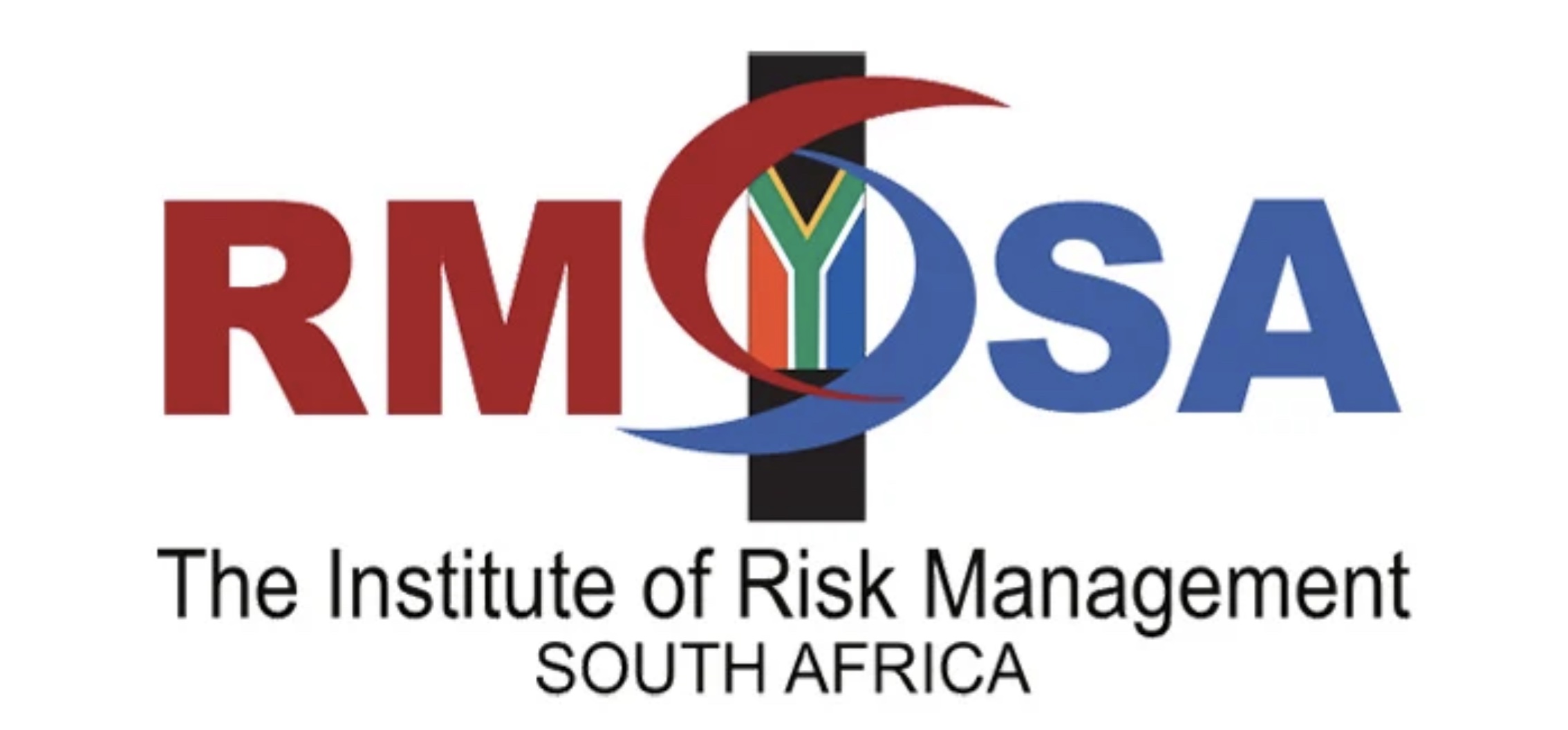Accelerated Load Shedding will lead to Catastrophic Economic Consequences says IRMSA
The Institute of Risk Management South Africa has urged the national government to take swifter action in response to an accelerated increase in loadshedding. This comes after more frequent bouts of stage 6 load shedding that has damaged already precarious infrastructure. As a result, some parts of the country have been left without power for over 12 hours a day with little communication about when electricity will be restored.
Although the risk of load shedding has long been a concern, its frequency and unpredictability as of late have caused further worry. The IRMSA 2022 Risk Report lists load shedding amid a number of factors contributing to the possibility of South Africa becoming a failed state. The report highlights this with a worrying statistic regarding the effects of load shedding on the country’s economy. It states that “load shedding causes lost economic output of ~R700mn per stage per day (direct cost reduces economic growth by ~2% per year).”
“The implementation of Stage 6 load shedding has and will continue to have catastrophic consequences for South Africa’s infrastructure and economy,” says IRMSA’s Chief Risk Advisor Christopher Palm. “The most worrying, perhaps, is the effect that increased loadshedding have on small businesses, who simply cannot operate under these conditions. Economic activity depends on a stable supply of utilities. There’s also the very serious issue of deterring foreign investors, who simply cannot rely on these conditions to ensure return on investment. These factors threaten complete economic collapse” he adds.
IRMSA calls for swifter action in response to increased bouts of load shedding to prevent the worst-case scenario of complete economic collapse from unfolding. “The IRMSA 2022 Risk Report has offered various solutions in addressing the large-scale disruption of economic activity relying on a stable supply of utilities,” says Palm. These include making country-level plans for new technologies that have the potential to be localised and spur economic growth through projects such as green hydrogen and storage and stepping up PPPS that include the transfer of skills from Private to Public. A more detailed outline of IRMSA’s suggested action can be found here.
ENDS
MEDIA CONTACT: Kobus de Wet, kobusd@irmsa.org.za ; 072 882 0888
For more information on IRMSA please visit:
Website: www.irmsa.org.za
Twitter: www.twitter.com/IRMSAInsight
Facebook: www.facebook.com/IRMSAInsight
LinkedIn: www.linkedin.com/company/irmsa

